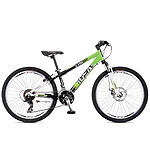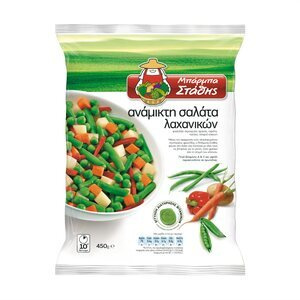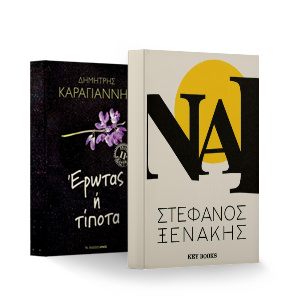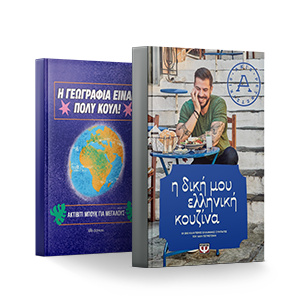Skroutz Buyers Protection
Δημοσιογραφία και νεολογία, Headline-events for topic-surprises Code: 143965
- Authors: Θανάσης Νάκας, Ζωή Γαβριηλίδου
- Publisher: Patakis
- Μορφή: Soft Cover
- Έτος έκδοσης: 2005
- Αριθμός σελίδων: 368
- Κωδικός ISBN-13: 9789601615806
- Διαστάσεις: 25×17
Similar products
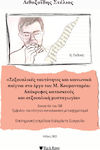

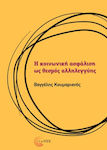
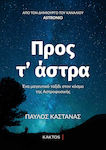 Top rated
Top ratedScientific Books
Προς τ’ άστρα, A magical journey into the world of Astrophysics
Ad from MykyklosAdded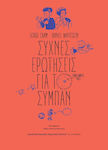
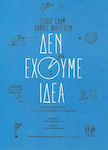
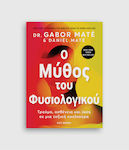
Scientific Books
Ο Μύθος Του Φυσιολογικού, Trauma, disease and healing in a toxic culture
Ad from SilverProductsAdded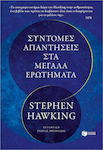 Top rated
Top rated Top rated
Top rated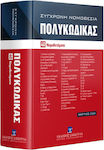
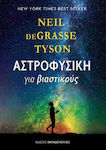
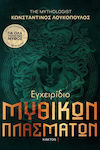
All shops
Prices are calculated for:Luxembourg, Other Payment Options
- 19,02 €
- 22,57 €
- 19,10 €
- 25,36 €
- 19,03 €
- 17,84 €
Description
It is now common knowledge that newspapers, radio, and television have emerged as dominant means of promoting and disseminating linguistic standards - whether written (print media) or oral (radio and television).
The importance of the role of these media, from a sociolinguistic perspective, lies not so much in creating a new or distinctive language, but in the spread and prevalence of what already exists or is being created in the language.
However, this does not mean that the mass media do not contribute to and are not responsible for the so-called proliferation of neologisms (including foreign language borrowings and all kinds of foreign influences, as they are initially new elements of the language). To get an idea, it would be enough to consider the example of the so-called "compound nouns" like "law-framework," a loan translation most likely from French: "loi (law) -cadre (framework, as finally rendered)"; and also "project-pilot," "disappearance-mystery," and many other similar examples that flood newspaper headlines.
The fact that their neological character is evident to everyone is also evidenced by the fact that we still struggle to spell them (with a hyphen between the components or without a hyphen? Should the second component be in quotation marks or not? etc.), in addition to struggling to decline them ("of the project-pilot," "the projects-pilots" or "of the project-pilot," "the projects-pilot"?).
These neological compounds appeared in the language of poetry with the generation of the '70s and onwards, although sporadic examples had also appeared in the works of earlier poets, such as Empeirikos and even Palamas, while the oldest and most famous example that our research has found was hidden until now in the title of a Papadiamantis short story: "Eros-Iros"!
Specifications
- Genre
- Humanities
- Language
- Greek
- Subtitle
- Headline-events for topic-surprises
- Format
- Soft Cover
- Number of Pages
- 368
- Release Date
- -
- Publication Date
- 2005
- Dimensions
- 25x17 cm
Important information
Specifications are collected from official manufacturer websites. Please verify the specifications before proceeding with your final purchase. If you notice any problem you can report it here.


































































